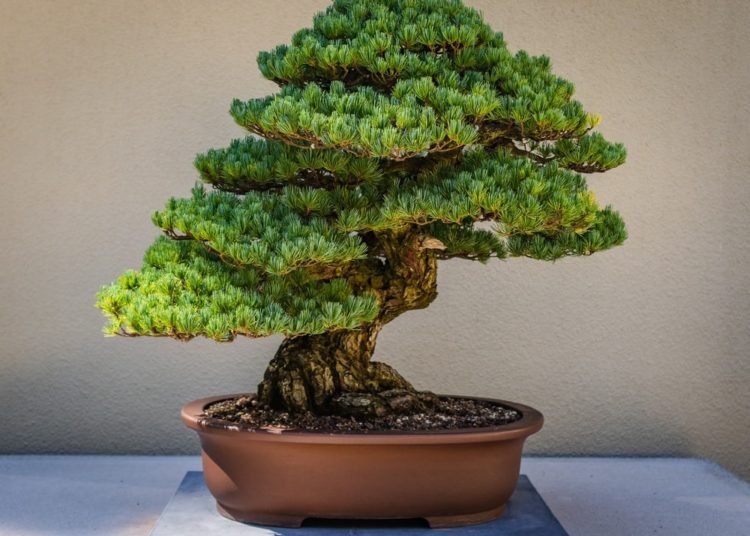While house plants beautify homes, parents should be mindful of these 10 plants which can be harmful to the health of children.
Bonsai:
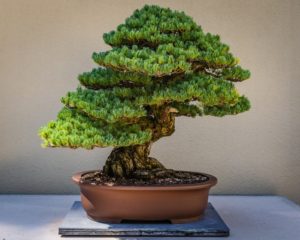
Bonsai is the traditional Japanese art of growing miniature trees, which always looks spectacular and extraordinary. But it turns out it has its disadvantages as well. Allergy sufferers who suffer from pollen and flowering should be careful with dwarf plants: like large trees, they can cause a strong allergic reaction, especially exotic species.
English Ivy:
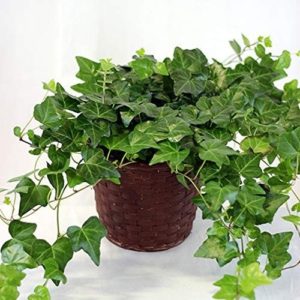
English ivy is the closest relative of poison ivy. And if with the latter everything is clear even by the name, with the first all is not so unambiguous.
Many people continue to use English ivy as a houseplant, not knowing that it can cause an allergic skin reaction, leading to itching, rashes or blisters. Pet owners should be especially careful when raising ivy. If your pet swallows a leaf of ivy, it can develop breathing problems, paralysis, or even a coma.
Yucca:
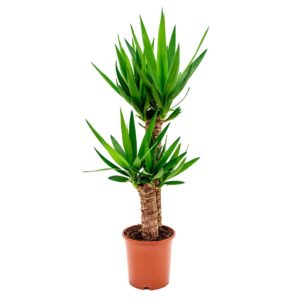
Yucca is one of the most spectacular indoor plants. Because of its structure, it is often confused with a palm tree. Yucca leaves stick out in different directions, leaning slightly to the bottom. But this plant is also unsuitable for allergic people: it will immediately cause the desire to sneeze incessantly
Euphorbia Trigona:
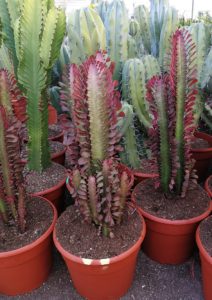
Euphorbia trigona is a succulent that contains a special milky sap that can cause serious skin irritation, burns and blisters. Under no circumstances should you allow Euphorbia trigona sap to get into your eyes: it can even cause blindness.
Dieffenbachia:
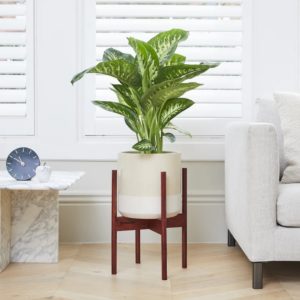
Dieffenbachia contains calcium oxalate crystals and is therefore especially dangerous for cats and dogs. As in the case of the caladium, it can lead to tragic consequences if the animal accidentally swallows it: it can cause severe burning in the mouth, swelling, respiratory failure, and even death.
Devil’s Ivy:
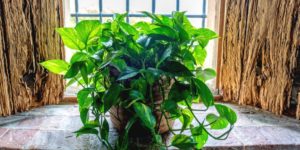
Despite its fame as the best plant in terms of indoor air purification, devil’s ivy is extremely dangerous. In fact, that is what its name suggests. Irritation, burning, vomiting and diarrhea are a few of the consequences of ingesting the plant in humans. In cats and dogs, it can cause choking, swelling, shortness of breath, kidney failure, and even death.
Oleander:
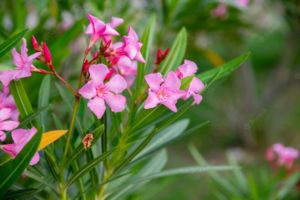
The oleander is a beautiful plant with pink flowers. However, what can happen if you get too close to this plant is alarming. According to the Canadian Biodiversity Information Centre, this plant is extremely toxic. So, even a single leaf can have a deadly effect! The worst idea is to use the branches of this shrub as skewers during a picnic.
Poinsettia:

Poinsettias, despite their beautiful name, are also a serious danger to both humans and animals. Spectacular plants with red leaves, often presented in our stores at Christmas time, cause health problems: if the sap comes into contact with human skin, you will immediately get a rash. Vomiting, diarrhea, and skin irritation will occur to your pets if they accidentally eat a leaf of such thistle.
Solanum Pseudocapsicum:
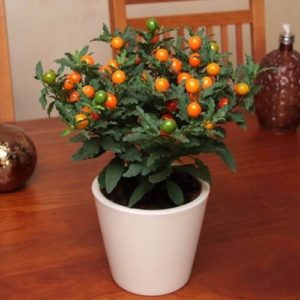
Solanum Pseudocapsicum is an attractive indoor plant with orange-red berries. But it can be a threat to curious children who want to try its fruit. The fact is that the berries of this plant are poisonous. They can cause poisoning, headaches, diarrhea, respiratory failure, and paralysis.
Zamioculcas:
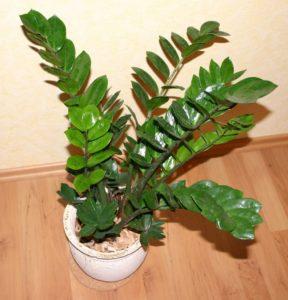
If you have small children or pets in your home, get rid of zamioculcas immediately. This plant has a beautiful exotic appearance but is poisonous – especially to children and pets. It can give them a rash and, if swallowed, stinging and nausea.
Metroxylon Sagu:
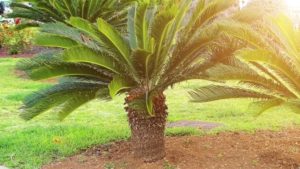
Metroxylon sagu is a valuable food plant, from the core of which the starchy food product sago is obtained. However, every part of this exotic flower is poisonous to animals. Sagas are the source of all kinds of unpleasant symptoms, from diarrhea to liver failure to death.
Chlorophytum:
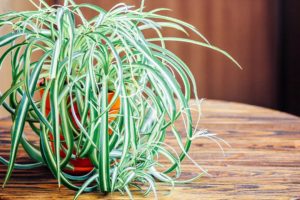
Chlorophytum should definitely not be bought by people with allergies. It may seem like an excellent air purifier, but if you suddenly notice that you have trouble breathing and feeling well after bringing it into the house, get rid of the chlorophytum immediately.
Crassula Ovata:
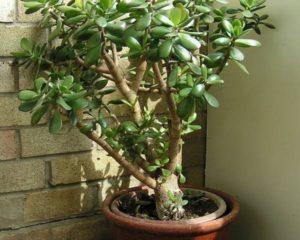
Crassula ovata is harmful to curious cats and dogs. It can cause them an upset stomach, heart rhythm disorder and even depression. So don’t rush to give this beautiful and seemingly harmless plant, also called “money tree”, to owners of pets.
** Culled from Capital Post

